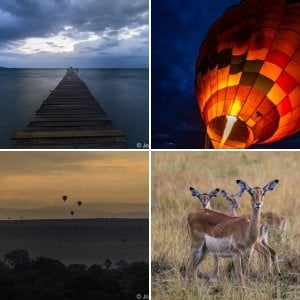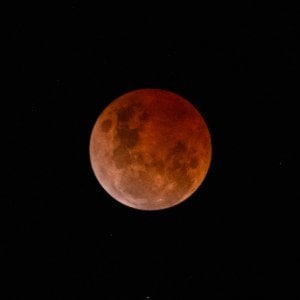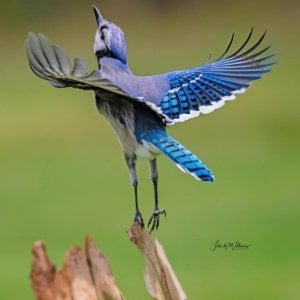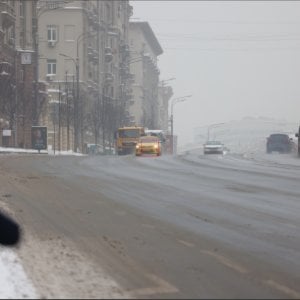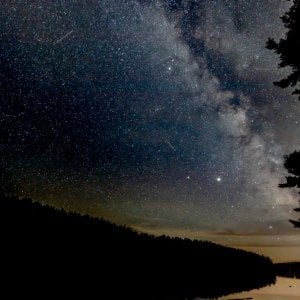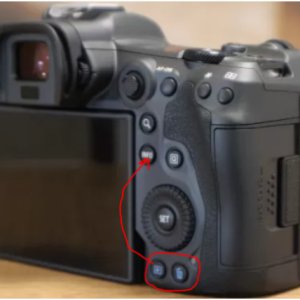Welcome to the Canon Rumors Forum
Wanting to join the rest of our members? Feel free to sign up today.
Sign up
You are using an out of date browser. It may not display this or other websites correctly.
You should upgrade or use an alternative browser.
You should upgrade or use an alternative browser.
Forum list
- Threads
- 5.8K
- Messages
- 260.6K
- Threads
- 2.6K
- Messages
- 85.4K
- Threads
- 240
- Messages
- 3.5K
Speedlites, Printers, Accessories New
Everything else Canon related, including Speedlites, Printers and Accessories
- 585
- 8.2K
- Threads
- 585
- Messages
- 8.2K
Third Party Manufacturers New
Rumors about third party manufacturers, including Sigma, Tamron, Tokina, Zeiss, Nikon, Leica and the rest
- 1.1K
- 26K
- Threads
- 1.1K
- Messages
- 26K
- Threads
- 966
- Messages
- 23.9K
- Threads
- 4.3K
- Messages
- 89.8K
- Threads
- 564
- Messages
- 10.3K
- Threads
- 3.9K
- Messages
- 75.7K
- Threads
- 238
- Messages
- 4.1K
- Threads
- 1.2K
- Messages
- 18.9K
- Threads
- 2.9K
- Messages
- 38.6K
- Threads
- 676
- Messages
- 15.6K
- Threads
- 734
- Messages
- 8.1K
- Threads
- 315
- Messages
- 9.4K
Firmware New
All Canon firmware updates will be posted here, you can also start firmware discussions here
- 71
- 2.6K
- Threads
- 71
- Messages
- 2.6K
- Threads
- 1.8K
- Messages
- 37.5K
- Threads
- 898
- Messages
- 16.7K
- Threads
- 1K
- Messages
- 10.1K
- Threads
- 2.9K
- Messages
- 15.7K
- Threads
- 154
- Messages
- 1.3K
Photography Technique New
Share and learn different techniques pertaining to photography such as composition, lighting, use of specific accessories and anything else that comes to mine.
- 657
- 11.6K
- Threads
- 657
- Messages
- 11.6K
- Threads
- 244
- Messages
- 2.9K
Videography Technique
A place to discuss video technique with Canon Cinema EOS, EOS DSLR's or any other movie making product. Discuss workflow here as well.
- 61
- 454
- Threads
- 61
- Messages
- 454
Business of Photography/Videography
Discuss anything related to the business of photography or videography.
- 185
- 3.1K
- Threads
- 185
- Messages
- 3.1K
- Threads
- 390
- Messages
- 2.2K
Camera Body Gallery
Images from the 1D X, 5D Series, 6D, 7D Mark II, 70D, G1X MK II, and G7X, and other Cameras
- Threads
- 61
- Messages
- 2.4K
Lens Gallery New
A board to show examples from various lenses. Please post your lens images in the appropriate thread.
- Threads
- 226
- Messages
- 10.4K
- Threads
- 505
- Messages
- 52K
- Threads
- 24
- Messages
- 1.2K
- Threads
- 498
- Messages
- 24.9K
- Threads
- 330
- Messages
- 2.8K
- Threads
- 254
- Messages
- 6K
- Threads
- 23
- Messages
- 294
- Threads
- 66
- Messages
- 667
Wedding Photography
Post Wedding Photos, and discuss the technical aspects of Wedding Photography. The business part is covered in the "Business of Photography section
- 34
- 376
- Threads
- 34
- Messages
- 376
- Threads
- 173
- Messages
- 2.2K
- Threads
- 17
- Messages
- 176
- Threads
- 350
- Messages
- 5.3K
Forum statistics
Gallery statistics
- Categories
- 1
- Albums
- 24
- Uploaded media
- 194
- Embedded media
- 1
- Comments
- 25
- Disk usage
- 462.4 MB



